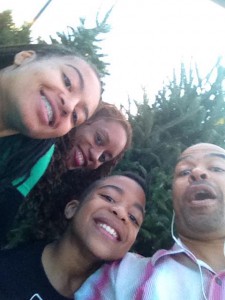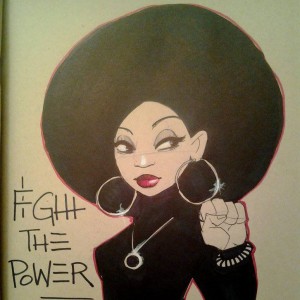Second Sokkai Gakkai president Josei Toda urged young people to read good books and to ponder things deeply. Even though Toda died in 1958, this advice is relevant today and is great encouragement for everyone. And, in fact, is a way to stay youthful despite your physical age.
What makes a book “good” to begin with? Is it informative? Inspirational? Energizing? Does it make you see things differently? Laugh? Perhaps good books do all of these things. Perhaps something else entirely.
 A good book enriches me. It nourishes me in some way. A good books speaks to me, even if it’s a psychological thriller with a love story at its center.
A good book enriches me. It nourishes me in some way. A good books speaks to me, even if it’s a psychological thriller with a love story at its center.
A good book is not only worth reading, it is worth rereading. You come to it again to unlock new lessons, discover new images, uncover subtle nuances. It may touch you differently because of who you are this year, or what happened to you last season. Or because you’re finally ready to deal with that twenty-year old trauma. But sometimes you just want to check in on your favorite characters and reminisce about old times.
As for pondering deeply, many refuse ponder at all, much less deeply. Social media platforms are filled with incoherent ramblings from knee-jerk reactions to hearsay. Some who claim to have researched a hot-button issue have limited their reading to the title of click-bait, which is designed to be sensational rather than informative.
Pondering is slow. Much slower than the skim-swipe-share culture of today. It requires one to engage with one’s brain and with a variety of ideas.
Pondering is dialogue, not declaration.
It is inquiry rather than assumption.
It is research and reflection, not regurgitation.
I wonder if in 2015 we can slow down, read good books and ponder things deeply. Let’s engage each other in conversations (on social media and in real life) grounded in wisdom, thoughtfulness, and respect for diverse views.



 As we go into the new year I’m re-imagining this space and the stories I want to tell here. In truth, I’ll always do that. What is living, really, if it doesn’t include evolution, revolution, growth, change?
As we go into the new year I’m re-imagining this space and the stories I want to tell here. In truth, I’ll always do that. What is living, really, if it doesn’t include evolution, revolution, growth, change?